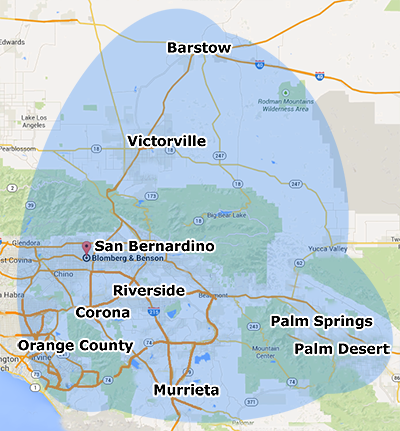Home >> Blog >> 5 Questions To Consider When Filing A Wrongful Death Suit
 When someone else's negligence results in a loved one's death, it may constitute wrongful death. Depending on your relationship to the deceased, you may be entitled to financial compensation as a result of a wrongful death case.
When someone else's negligence results in a loved one's death, it may constitute wrongful death. Depending on your relationship to the deceased, you may be entitled to financial compensation as a result of a wrongful death case.
If a loved one has recently died and you are wondering whether or not you should pursue a wrongful death case, you may want to ask yourself the following questions.
When Did the Death Take Place?
Almost all criminal and civil matters have a statute of limitations, and when that time period passes, you can no longer bring that case forward. The statute of limitations for wrongful death cases in California is two years. If it has been longer than that since your loved one's death, you cannot pursue a case.
Are You the Personal Representative of the Deceased's Estate?
To cut down on the number of cases brought before the courts, state laws don't allow just anyone to bring forward a wrongful death suit. Instead, you must be the personal representative of the deceased person's estate. You will have been named that role in their will or in probate court.
If you aren't the personal representative, you can contact the probate court to find out the name of that individual. In some cases, estates are so small that they do not go through probate. In those cases, the executor or personal representative is usually the spouse of the deceased or their closest relative if they weren't married.
Did It Happen at Work?
If the injury happened at work, it can still constitute wrongful death, but that usually doesn't fall under the umbrella of personal injury law. In those cases, you need to contact an attorney who works with worker's compensation claims. Some firms, such as Blomberg, Benson & Garrett, Inc., handle both types of cases, which means they can provide expertise in both areas of the law.
Was It a Wrongful Act?
Sadly, people die in all kinds of situations, and sometimes, accidents just happen. In order for the case to be considered a wrongful death case, there must have been a wrongful act. An individual or an institution must have caused the death either purposefully or through negligence. If you can't identify any wrongful acts, then you likely do not have a wrongful death suit on your hands.
That said, all kinds of actions can constitute wrongful death, including a vehicular accident caused by a drunk driver, using the wrong equipment while anesthetizing a patient or another scenario in which someone else's actions caused your loved one to die.
Who Was the Liable Party?
You can't file a wrongful death suit without a liable party. To put it simply, you need to bring the case against someone. That someone may be an individual, but it may also be an institution, such as a hospital or a company that manufactured an item that led to your loved one's death.
Were There Damages?
In addition to negligence, there needs to be damages. Otherwise, the courts may not be willing to demand a payout. If you ultimately bring a case forward, your personal injury lawyer can help you hone in on the relevant damages for the case.
The damages may include wages that the injured party was unable to earn between the time of an injury and it leading to their death. It may also include wages that the family lost due to the untimely death. The spouse may have a right to claim damages related to loss of companionship, and the family may also be able to claim a payout for funeral, burial and cremation expenses.
If you win the case, you may also receive monetary compensation for pain and suffering. In some cases, the liable party also faces punitive damages. Those are damages above and beyond those mentioned here, and they are designed to punish the liable party and deter others from committing the same errors.
If your loved one has died as a result of an accident or another type of personal injury, you need a lawyer in your corner. Contact Blomberg, Benson & Garrett, Inc. for a consultation today.

 When someone else's negligence results in a loved one's death, it may constitute wrongful death. Depending on your relationship to the deceased, you may be entitled to financial compensation as a result of a wrongful death case.
When someone else's negligence results in a loved one's death, it may constitute wrongful death. Depending on your relationship to the deceased, you may be entitled to financial compensation as a result of a wrongful death case.
